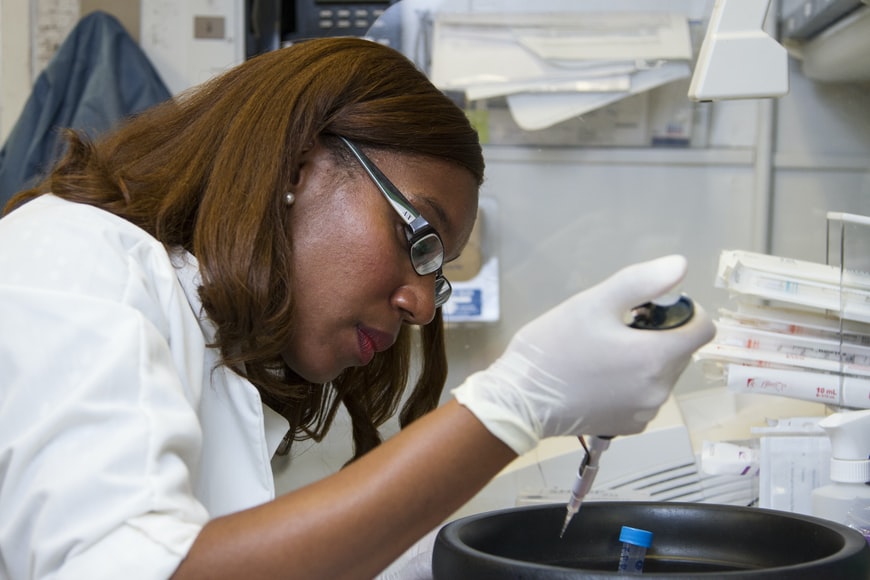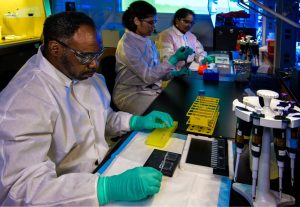
What Are Health Research Ethics in R&D?
What are health research ethics in R&D? Read on to learn more.
Health Research Ethics in Research and Development
Health research ethics are crucially important in R&D. Why so?
Studies are now investigating how health research ethics could be applicable to solve medical issues.
Especially those that are related to the environment, pollution, and other manmade factors, as well as those that are caused by natural phenomena.
One prime example of this is how health research ethics could be applicable to issues in clinical trials.
They conduct clinical trials to study the effects of new drugs to ensure the safety and efficacy of the drugs.
In short, ethics in clinical trials aim to ensure that all participants in a trial are safe. And that there is a minimal risk of harm to them.
For example, a clinical trial could be about a drug that treats cancer. In this case, participants have to know about the potential risks involved in taking part in the trial.
Participants should also be informed whether there is any existing alternative treatment for their condition.
This is especially pertinent if the clinical trial results show that there is no significant beneficial effect from taking part in it.
Why Is Ethics in Health Research Important?
There are many reasons why it is important.
First, ethics ensures that any experiments conducted are safe for the participants.
Second, it involves ensuring that any experiments conducted are ethical, meaning that they do not harm any participants.
Third, health research ethics ensure that the results of any experiments conducted are reliable.
For example, based on the results of an experiment to test the efficacy of a new drug, patients with the same condition would be able to decide whether they should take part in it or not.
To ensure this reliability, clinical trials should be conducted in a way that allows the results to be reproduced.
Therefore, this means that all participants in a clinical trial should get uniform treatment and not be given any special treatment.
This is so that the results of the trial can be general to other patients with similar conditions.
Lastly, health research ethics ensure that any experiments conducted are ethical.
To do this, it is important to assess the risks and benefits that are possible to happen in taking part in an experiment or trial.
They can do so by providing participants with information about their rights and interests when they sign consent forms to take part in the trials.
Examples of Ethics in Health R&D
There are many instances in when ethics are necessary.
For one, in genetic engineering it emphasize the importance of informed consent by all participants.
Particularly when participants need undergo genetic testing or modification.
Another aspect in genetic engineering is the use of genetic information for purposes that were not originally intended for it.
It is imperative that participants know that any new uses for their genetic information will be public to them prior to the use.
Conclusion
There are various ways in which the aspects of ethics could help in R&D.
Ethics in R&D could help determine the outcome of any new medical treatment, drug, or product that doctors develop.
Additionally, ethics in R&D can help improve the outcome of any new medical treatment, drug, or product that is being developed.

